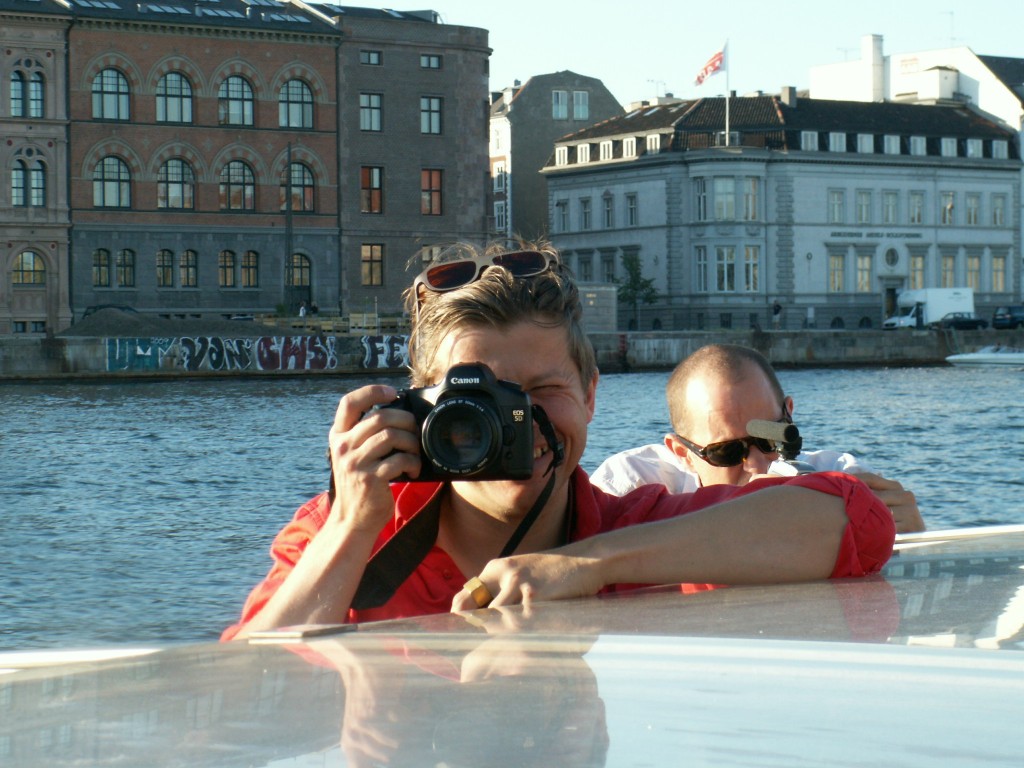Well, buzzing a lot prevents me from blogging more – sad truths of an ever evolving digital smarter work knowledge worker’s lifestyle. But then again, other than with Google buzz (and this movie we all know and love) the first rule of BarCamp is “You talk about BarCamp”.
And the http://barcampbodensee.mixxt.eu/ this weekend is something we better talk about – an international event, attracting people from France, Switzerland, Germany, Denmark et al.
Denmark? Yes, I am happy that Kim Bach is making the trip from Copenhagen. I met him last year at reboot – another international event drawing geeks in literally droves – and we had the great time that’s facilitated by an athmosphere of kindness to strangers and intellectual curiosity. Yes, my reboot experiences are fueled by both the shared understanding and the sparkling contrarian discussions – it’s a very special climate and I am sad that this year will be a year of breath-taking and pausing (there’s a substitute for those that can’t live without their yearly rebooting fix experience). And for crying out loud I can’t even make it to the Ersatz because I’ve got a major event lined up. More on that later.
For now, let’s blog about the proposed sessions at #bcbs10, there’s some interesting stuff in there, my selection:
- Using Ushahidi for reporting about the World crises (humanitarian, environmental, economic, etc.) –David Bourguignon
- Decentralize the Social Web: How can we help? About Diaspora and other attempts – David Bourguignon
- Linux as a viable alternative for the business desktop. Yes, you can. – Uwe Hauck – (@bicyclist Technikblog Living the Future)
- Usability Testing on a “low budget” – Patric Schmid – http://www.benutzerzentrale.de
- Hadoop – Working with big data – Thomas Koch
- Privacy and the Internet – The Case for Decentralized Data Klaus Wiedemann
- WikiViewer Inhalte eines Wikis in Form einer gewohnten Website anzeigen – Roland und Ute
- identi.ca for dummies – Friedel Völker – @friedel
- Why you should get onto Google buzz – and what’s the (hot) deal about this conversational network http://www.google.com/profiles/mkoser http://frogpond.de – Martin Koser
- Google Wave – learn about the 101 some internal collaboration scenarios and talk lifehacks and tips ‘n tricks – Martin Koser
You see, I am cheating a bit about the interesting proposed sessions, but I really do hope that we can do some collaborative, live-documenting the BarCamp in Wave this year:
Yes, that’s the second rule of BarCamp: You blog wave about BarCamp …






